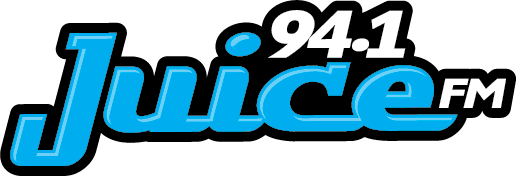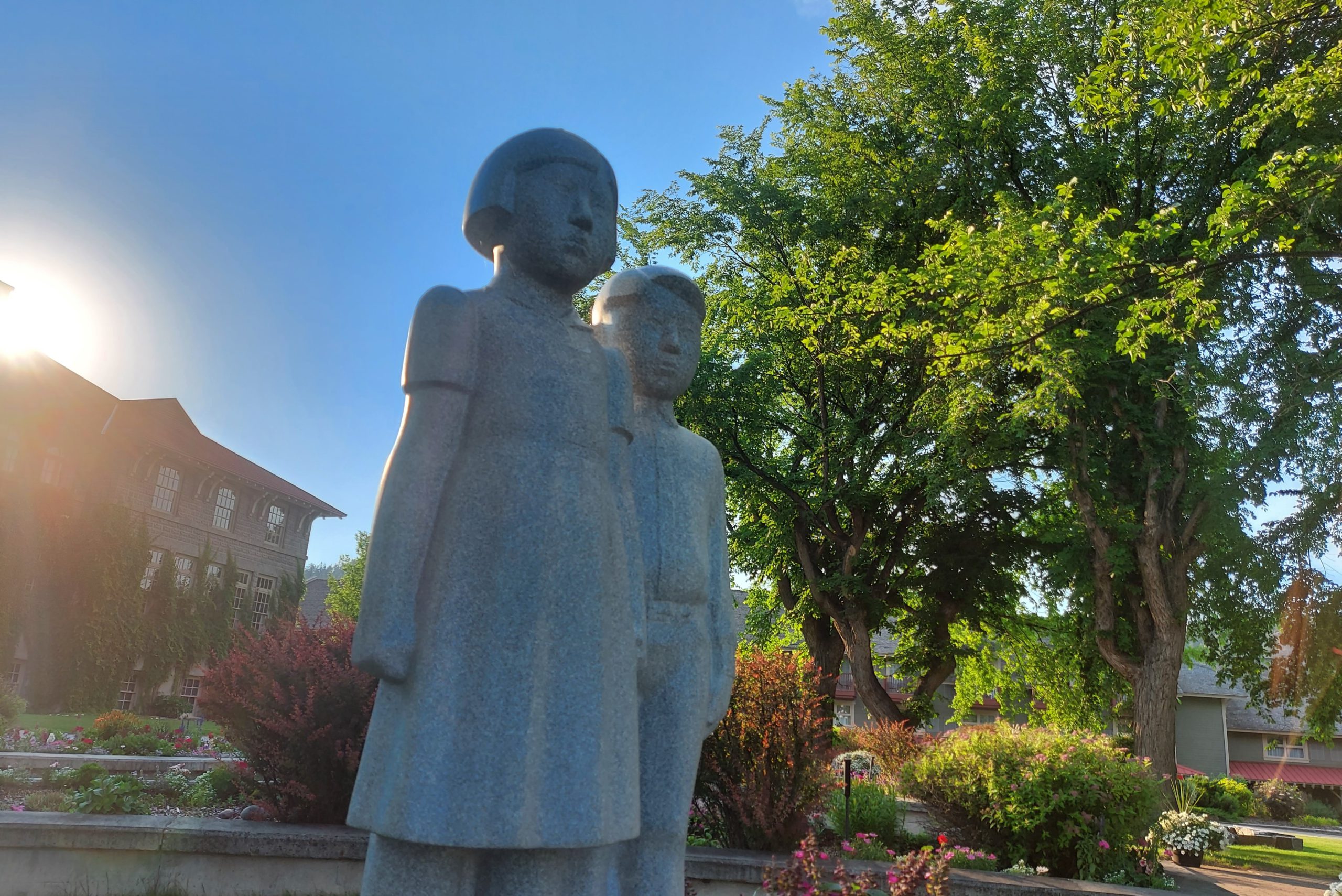B.C. students will have new graduation requirements next year, as the provincial government will add Indigenous-focused coursework requirements to the K-12 curriculum.
B.C. Government officials said the changes will take effect in the 2023-24 school year.
Secondary school students will be required to complete Indigenous-related course work before graduating high school.
“I think it’s about time. It’s unfortunate that it has taken this length of time for us to get to a place where we’re going to be presenting a more accurate reflection of the place of Indigenous people in this country,” said Kathryn Teneese, chair of the Ktunaxa Nation council. “I think the changes to the school system are a good start because these young people will be growing into adults, who are hopefully going into the next phase of their life that is a more accurate reflection of the world we live in.”
Jennifer Whiteside, B.C.’s Education Minister, said the partnership between her ministry and the First Nations Education Steering Committee (FNESC) will work to address gaps in the education system.
“This new requirement will deepen students’ understanding of the experiences, cultures, histories and knowledges of Indigenous Peoples. This will help us to understand the truths of our shared history, while also building knowledge so all students feel a sense of responsibility for our collective future,” said Whiteside.
Teneese spoke of what she hopes to see come from these changes, beyond learning about the general relationship between Indigenous and non-Indigenous people.
“Hopefully there will be a relationship at the local level between the Indigenous people and their respective school district so we can tailor-make some of the information to ensure that we’re building knowledge about people, as neighbours,” said Teneese.
Before this new requirement, the Ktunaxa Nation has worked with local school districts in the past.
“We do have Aboriginal support workers and Chief Joe Pierre, who is employed by School District 5, who has a wealth of knowledge that he has to share. In speaking to him, I understand that he travels extensively around the district to impart his wealth of knowledge,” said Teneese. “This change is a good start, but we can always get better. It’s certainly helpful when you have actual individuals available to deal with some of the issues rather than relying solely on print material.”
That said, a significant shift in people’s education will not necessarily be fast.
“This is something that needs to be available to all. It’s not going to be something that’s quick, it will likely take a few generations before this becomes something that is standard,” explained Teneese. “We need to really look at making sure that the things we’re talking about are inclusive of all and it’s extremely important that the Indigenous population gets a chance to tell the story from the perspective of the people who were here as settlement took place.”
Teneese said it’s important to make sure efforts towards reconciliation are maintained.
According to the provincial government, the proposed model would have students who are currently in grade 10 be the first group to complete this requirement, starting in September of 2023.
“For many years, FNESC, First Nations and our partners in the public education system have advocated for this important change to the B.C. graduation program,” said Tyrone McNeil, FNESC president. “Building awareness and understanding of First Peoples’ perspectives, cultures and histories among all B.C. students will serve as an important step toward reconciliation and an effective strategy to combat racism within the province to the benefit of all British Columbians.”
All of B.C.’s public, private and offshore schools would be subject to this change.




